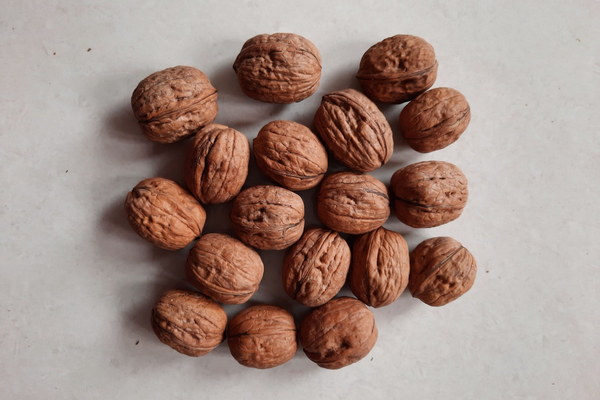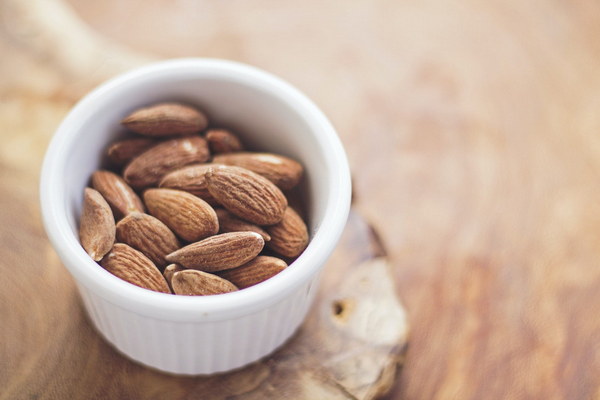Debunking the Myth Can Excessive Dampness Really Hinder Kidney Tonification in Women
Introduction:
In traditional Chinese medicine (TCM), the concept of dampness is widely discussed as a pathogen that can disrupt the body's balance and lead to various health issues. One of the most common concerns is whether excessive dampness can hinder kidney tonification in women. This article aims to delve into this topic, examining the TCM perspective, scientific evidence, and practical tips for maintaining kidney health in the face of dampness.
1. Understanding Dampness in TCM:
In TCM, dampness is considered an excess of fluid in the body that can lead to a range of problems, including fatigue, weight gain, and digestive issues. It is believed that dampness can impede the proper functioning of the kidneys, which are responsible for storing vital essence and governing the urinary system.
2. The Link Between Dampness and Kidney Tonification:
According to TCM, dampness can interfere with the kidney's ability to tonify and store essence, leading to weakness, low energy, and other kidney-related issues. This belief is based on the idea that dampness can obstruct the meridians and organs, thereby affecting their functions.
3. Scientific Perspective:
While TCM is a holistic system of medicine with a rich history, scientific evidence supporting the relationship between dampness and kidney health is limited. However, some studies have shown that excessive dampness can contribute to kidney disease and other health issues.
4. Symptoms of Dampness in Women:
In women, excessive dampness may manifest in various ways, such as:
- Menstrual irregularities
- Excessive menstrual bleeding
- Weight gain
- Fatigue

- Digestive issues
- Joint and muscle pain
5. Practical Tips for Maintaining Kidney Health in the Face of Dampness:
To support kidney health and reduce the risk of dampness-related issues, consider the following tips:
a. Diet: Avoid foods that are known to exacerbate dampness, such as greasy, fried, and sugary foods. Focus on a balanced diet rich in vegetables, fruits, whole grains, and lean proteins.
b. Lifestyle: Regular exercise can help improve kidney function and reduce dampness. Aim for at least 30 minutes of moderate exercise most days of the week.
c. Hydration: Drink plenty of water to support kidney function and help eliminate excess fluid from the body.
d. Stress management: Stress can contribute to dampness. Practice stress-reducing techniques, such as meditation, yoga, or deep-breathing exercises.
e. Acupuncture and TCM: Acupuncture and TCM treatments can help balance the body's energy and reduce dampness. Consult with a licensed TCM practitioner for personalized advice.
6. Conclusion:
While the concept of dampness in TCM offers a unique perspective on kidney health, it is essential to consider the scientific evidence and individual experiences. By adopting a holistic approach to health, including a balanced diet, regular exercise, and stress management, women can support their kidney health and reduce the risk of dampness-related issues. If you are concerned about excessive dampness or kidney health, consult with a healthcare professional for personalized advice.









